 Social media has revolutionized how people communicate with each other. It has become the standard for personal and professional networking. It provides an effective and inexpensive method of connecting people with other people, products, causes, ideas, and information.
Social media has revolutionized how people communicate with each other. It has become the standard for personal and professional networking. It provides an effective and inexpensive method of connecting people with other people, products, causes, ideas, and information.
Applications like Facebook and Twitter are made more useful because of the proliferation of devices such as smartphones and digital tablets. Individuals are constantly utilizing these devices, which makes it possible to stay in constant contact with them.
I’ve been following innovative African thinkers for several years in the quest for understanding and wisdom. That is the reason for compiling this list of “Africans to Follow on Social Media”. These are individuals who have proactively decided to have a strong presence in cyberspace.
This is not intended to be an exhaustive list. It’s intended to be a starting point for others who wish to engage in a dialogue regarding issues that impact Africa and Africans.
This is an African proverb that expresses the challenge of speaking the truth depending on your perspective:
Until the lion learns to speak, the tale of the hunt will always glorify the hunter.
.
Social media is giving a voice to the lion. Many Africans are using social media to continue the African tradition of storytelling. The audience has become the global village.

Marieme Jamme (@mjamme) is a London-based social entrepreneur, blogger, and technologist with a passionate commitment to helping empower Africans through education, leadership, and economic development. She is a co-founder of Africa Gathering.
TMS Ruge (@tmsruge) is a photographer and social entrepreneur who is the co-founder of Project Diaspora. The innovative Villages in Action conference is a great example of grassroots community engagement to find solutions to global challenges.
Maurice Kirya (@mauricekirya) was named the winner of the Radio France International (RFI) Discovery Prize for Best New African Artist in 2010. He has won numerous awards for his unique style and talent. His music and videos are available on his website and Reverbnation.
Binyavanga Wainaina (@binyavangaw) is an author, journalist, and winner of the prestigious Caine Prize for African Writing. His memoir, “One Day I Will Write About This Place” was published in 2011 and his satirical essay “How Not To Write About Africa” caught the attention of millions of people around the world.
Kathleen Bomani (@katebomz) is a passionate social commentator and activist on African issues. She is an event coordinator with TEDxDar.
George Ayittey (@ayittey) is a Ghanaian economist, educator, author, and founder of the Free Africa Foundation. His book, “Africa Unchained: The Blueprint for Africa’s Future“, sends a call for a Cheetah Generation of young Africans to become innovative, fast-moving entrepreneurs to take charge of their countries.
Wanjiru Kamau-Rutenberg (@wanjirukr) is an activist, social entrepreneur, and Assistant Professor of Politics at the University of San Francisco. She is the founder and director of Akili Dada.
Ida Horner (@idahorner) is an entrepreneur and inspirational speaker who has developed an expertise on sustainable development and issues affecting poverty stricken women in Africa. She is the founder of Ethnic Supplies.
Emeka Okafor (@emeka_okafor) is an entrepreneur and venture catalyst who lives in New York City. He is the curator of Maker Faire Africa and the creator of Timbuktu Chronicles.
Dambisa Moyo (@dambisamoyo) is a Zambian economist and author of the bestselling book “Dead Aid“. She was named as one of 100 most influential people in the world by Time Magazine in 2009.
Andrew Mwenda (@andrewmwenda) is the managing editor of The Independent magazine in Uganda and a prolific critic of foreign aid to Africa.
Milton Allimadi (@allimadi) is the publisher of Black Star News in New York City and the author of “The Hearts of Darkness: How White Writers Created the Racist Image of Africa“.
Solomon Jagwe (@soreel) is an animator and independent filmmaker. He is passionate about preserving wildlife in Africa and is working on the animated film “Galiwango“. The film is about a mountain gorilla’s tale of survival and perseverence.
Kambale Musavuli (@kambale) is a Congolese human rights activist raising awareness and mobilizing people around the world to bring an end to the injustice and violence in Congo. He is the spokesperson for Friends of the Congo and a coordinator for Breaking the Silence.
Mona Eltahawy (@monaeltahawy) is an award-winning columnist and an international public speaker on Arab and Muslim issues. She is a lecturer and researcher on the growing importance of social media in the Arab world.
Magatte Wade (@magattew) is a self-proclaimed cultural adventurer and entrepreneur from Senegal. Her newest adventure explores the world of love, happiness, peace, and human sensuality. Discover Tiossano.
Evelyn Namara (@enamara) has a strong background in information technology and systems management. She is the country director for Solar Sister in Uganda. The organization seeks to alleviate energy poverty by empowering women with economic opportunity by utilizing the potential of solar technology.
Vava Tampa (@vavatampa) is an activist raising awareness for the struggles of the Congolese people. He is the director of Save the Congo based in London.
Ato Ulzen-Appiah (@abocco) is an entrepreneur with a focus on technology. He is a passionate advocate of African arts and entertainment. He is the founder of Museke, which gives global exposure to African musicians.
Saran Kaba Jones (@sarankjones) is a social entrepreneur and an advocate for clean drinking water in Africa. She is the founder of FACE Africa. The organization implements water, sanitation and hygiene projects in rural Liberia with an emphasis on sustainability, gender equality, and local ownership.
Nii Thompson is (@myweku) is the founder and editor of MyWeku. The website covers a diverse range of topics including music, film, fashion, culture, and politics related to Africa.
Rosebell Kagumire (@rosebellk) is a multimedia journalist working on peace and conflict issues in eastern Africa. She is passionate about promoting the work of bloggers and journalists to enhance human rights coverage.
Jackson Kaguri (@Twejaka) is an author and founder of the Nyaka Project based in western Uganda. His memoir “A School For My Village” is an inspiring story of how one person can really make a difference in the world.
Calestous Juma (@Calestous) is a professor at the John F. Kennedy School of Government at Harvard University. He specializes in science, technology, and globalization issues that impact Africa.
Shirlene Brown (@jamati) is the Editor-In-Chief of Jamati. The publication is a premier online destination for African entertainment. The portal covers African music, film, fashion, books, sports, and lifestyle.
.
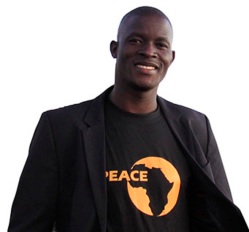




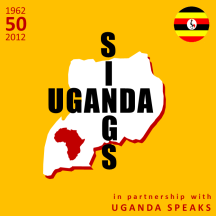
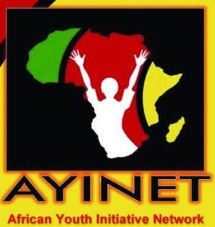

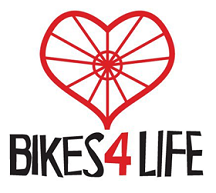



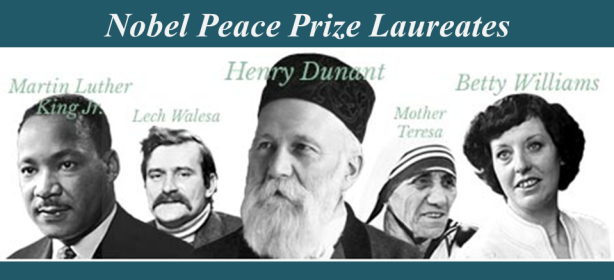
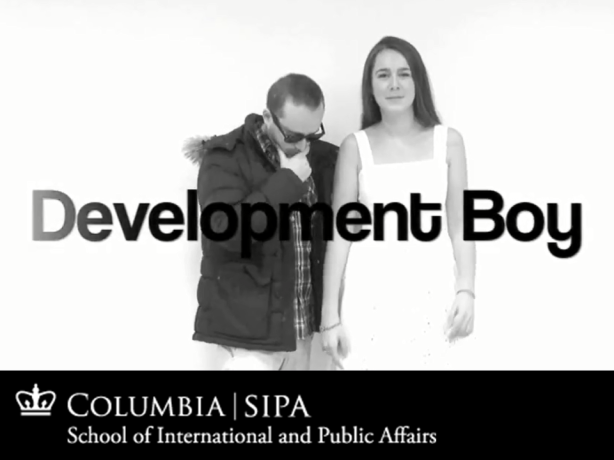


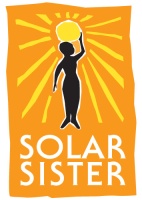



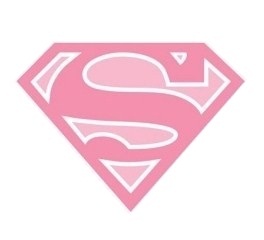




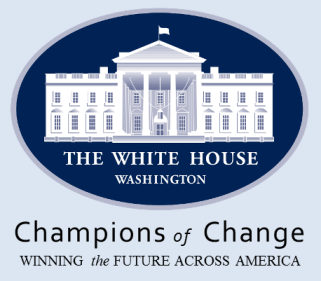
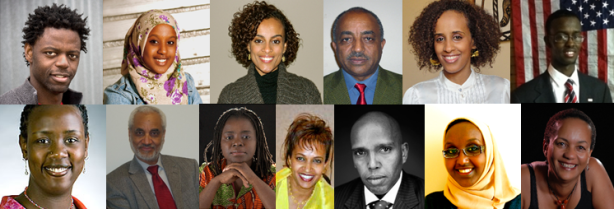
 Social media has revolutionized how people communicate with each other. It has become the standard for personal and professional networking. It provides an effective and inexpensive method of connecting people with other people, products, causes, ideas, and information.
Social media has revolutionized how people communicate with each other. It has become the standard for personal and professional networking. It provides an effective and inexpensive method of connecting people with other people, products, causes, ideas, and information.